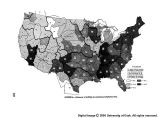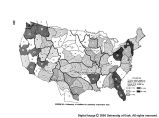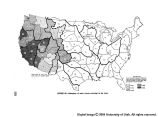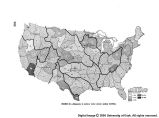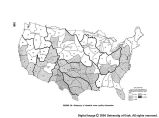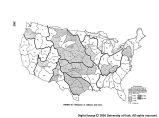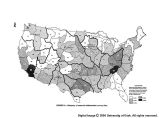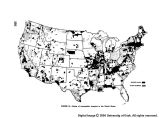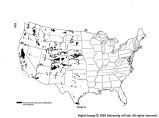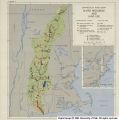| Title |
The report of the President's Water Resources Policy Commission : Volume 1, A water policy for the American people |
| Creator |
United States. Water Resources Policy Commission. |
| Subject |
Water resources development; Water -- Law and legislation |
| Publisher |
Washington, D.C. : U.S. G.P.O., 1950 |
| Date |
1950 |
| Type |
Text |
| Format |
application/pdf |
| Language |
eng |
| Relation |
Watern Waters Digital Library |
| Rights Management |
Digital Image Copyright 2004, University of Utah. All Rights Reserved. |
| Contributing Institution |
Gov Docs, U.S. Lvl 1, J. Willard Marriott Library, University of Utah, 295 S 1500 E, Salt Lake City, UT 84112-0860 |
| Source Physical Dimensions |
20 cm x 26 cm. |
| Scanning Technician |
Backstage Library Works, 1180 S. 800 E., Orem, UT 84097 |
| ARK |
ark:/87278/s6xp7494 |
| Setname |
wwdl_documents |
| ID |
1134803 |
| Reference URL |
https://collections.lib.utah.edu/ark:/87278/s6xp7494 |



















































